Sustainable Supply Chain
The Sustainable supply chain project is focused on the ESG-oriented improvement of our supply chain by acting, not only on characteristics of products and services purchased, but also on qualification requirements of suppliers as well as on engagement initiatives with our business partners. The final goal is to achieve a socially and ecologically responsible supply chain and to create fair, transparent and integrity-based business partnerships.
AdB Group's supply chain is multifaceted, as it reflects the complexity of Airport activities. AdB purchases a very wide range of products and supplies, outsourcing services and contract works. The vast majority of its supplier base consists of small and medium-sized Italian businesses. In 2022, the Group engaged with 1,184 suppliers (+10% on 2021), with total spending of over Euro 94 million, 77% of which from supply of goods and services and 23% from investments, primarily in airport infrastructure.
With regard to tendering and awarding procedures, AdB is required to abide by the Italian Public Contracting Code as well as by its own internal Regulations, in accordance with EU’s public procurement principles.
Regardless of the procedural - public or private – procurement rules, the consolidated use of transparent awarding procedures ensures equal treatment and open competition in the negotiation process, providing a true opportunity for fair market conditions.
All AdB Group’s suppliers are contractually required to comply with the principles and provisions of the Ethics Code: the infringement of these principles constitutes a serious breach of contractual obligations and authorizes AdB to take appropriate self-defense actions. The Tender Specifications also contain specific reference to compliance with collective bargaining agreements, accident prevention and social insurance legislation and, where applicable, environment protection and energy savings regulations.
In the path towards the Sustainable Supply Chain, during year 2022 some important projects for better knowledge and management of the Group’s suppliers were undertaken:
- a Vendor Management Platform has been implemented, for the collection and management of supplier information including sustainability-related characteristics. The Platform provides access to a database of general supplier information, enabling market research as well as audits, checks and verifications. The Platform also allows users to track supplier’s performance, by filling out of Vendor Rating reports. The registration of Vendor Rating reports through the platform for the most significant suppliers has begun.
- a high-level mapping of suppliers' ESG characteristics was conducted through the administration and analysis of a “Supplier Sustainability Questionnaire”, drawn up in collaboration with all business departments. In particular, data were collected from 107 suppliers, accounting for 75.1% of the previous year's spend. According to the analysis, the level of ESG maturity of the suppliers interviewed is significantly different depending on whether they are large or medium-small companies. Moreover, the maturity level in correspondence of elements – such as governance, labour regulations, and worker safety, which are connected to well-established organisational practices in Italy – is frequently higher due to consolidated legislative measures. Elements regarding environmental and/or energy issues, however, are still poorly understood and more present in larger companies, operating in innovative businesses or closely related to specific environmental/energy sectors.
The Sustainable Supply Chain project is in progress with some other important steps such as:
- introduction of supplier qualification requirements based on ESG dimensions:
- introduction of a platform for ESG score evaluation of the supply chain
- ESG supply chain risk assessment
- introduction of audit cycles to verify compliance with ESG requirements.
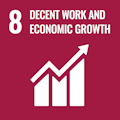
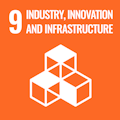
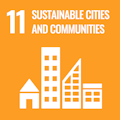
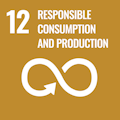
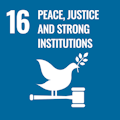
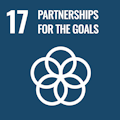

Useful guidance for users with electronic toll payment devices
If you purchase online with credit/debit cards or Satispay, you will have guaranteed access to the car park. If you prefer to pay with Telepass or UnipolMove, you cannot purchase parking online and access will only be subject to parking space availability.
Buy online

Electronic toll payment device not available
On-site purchase



